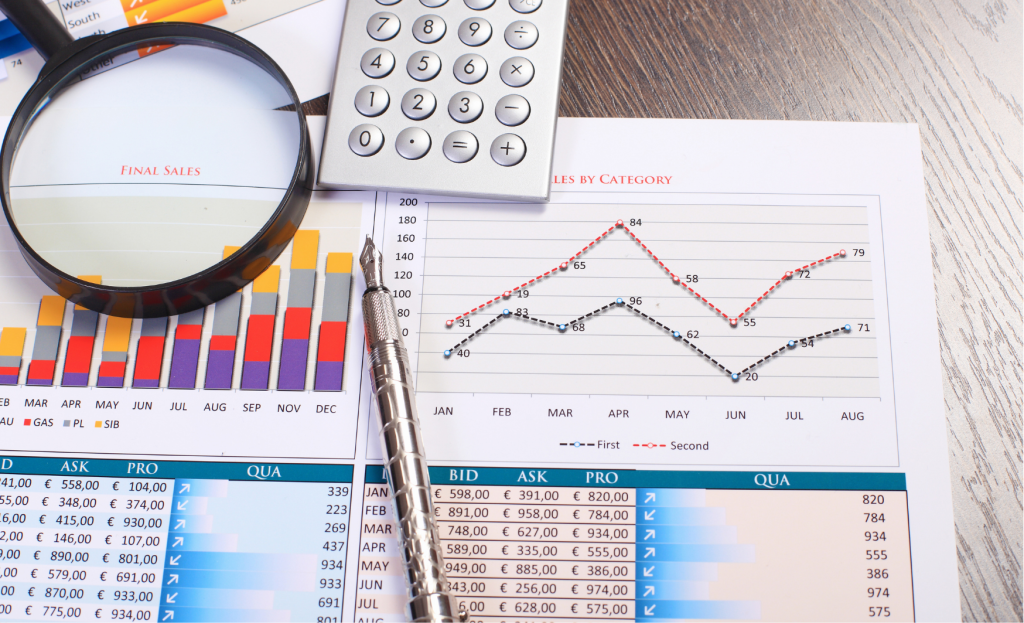Planning for Success
Financial forecasting is a strategic tool that allows businesses to peer into the future, anticipate potential challenges, and seize emerging opportunities. By creating a detailed roadmap of your financial health, you can make informed decisions that drive growth and sustainability.
Why is Financial Forecasting Important?
- Proactive Decision-Making: Financial forecasts provide a clear picture of your business’s future financial performance, enabling you to make timely and strategic decisions.
- Risk Mitigation: By identifying potential risks and challenges, you can develop contingency plans to minimize their impact on your business.
- Improved Cash Flow Management: Forecasting helps you anticipate cash flow fluctuations, allowing you to optimize your cash flow and avoid liquidity crises.
- Enhanced Investor Confidence: A well-prepared financial forecast demonstrates your understanding of your business’s financial health and future potential, attracting investors and securing funding
- Strategic Planning: Financial forecasts align with your overall business strategy, ensuring that your financial goals are in sync with your long-term objectives.
Key Steps in Creating a Financial Forecast
- Gather Historical Data: Collect accurate and up-to-date financial data, including income statements, balance sheets, and cash flow statements.
- Identify Key Assumptions: Make realistic assumptions about future economic conditions, industry trends, and your business’s performance.
- Develop Revenue Forecasts: Estimate future revenue based on historical data, market trends, and sales projections.
- Project Expenses: Forecast operating expenses, including labor costs, rent, utilities, and marketing expenses.
- Estimate Capital Expenditures: Plan for future investments in equipment, technology, and property.
- Prepare a Cash Flow Forecast: Project your cash inflows and outflows to identify potential cash shortages or surpluses.
- Create Pro Forma Financial Statements: Develop projected income statements, balance sheets, and cash flow statements.
Using Financial Forecasts to Make Informed Decisions
- Scenario Analysis: Consider different economic scenarios to assess their potential impact on your business.
- Sensitivity Analysis: Test the sensitivity of your forecast to changes in key variables like sales volume, pricing, and cost of goods sold.
- Performance Tracking: Monitor your actual performance against your forecast and take corrective action as needed.
- Strategic Planning: Use your forecast to align your business strategy with your financial goals.13
- Investor Relations: Present your forecast to investors and lenders to build credibility and secure funding.
By effectively utilizing financial forecasting, you can empower your business to navigate uncertain times, seize opportunities, and achieve long-term success. Remember to regularly review and update your forecasts to ensure their accuracy and relevance.
Need help get getting your forecasts reliable and useful – Ask Geoff now

